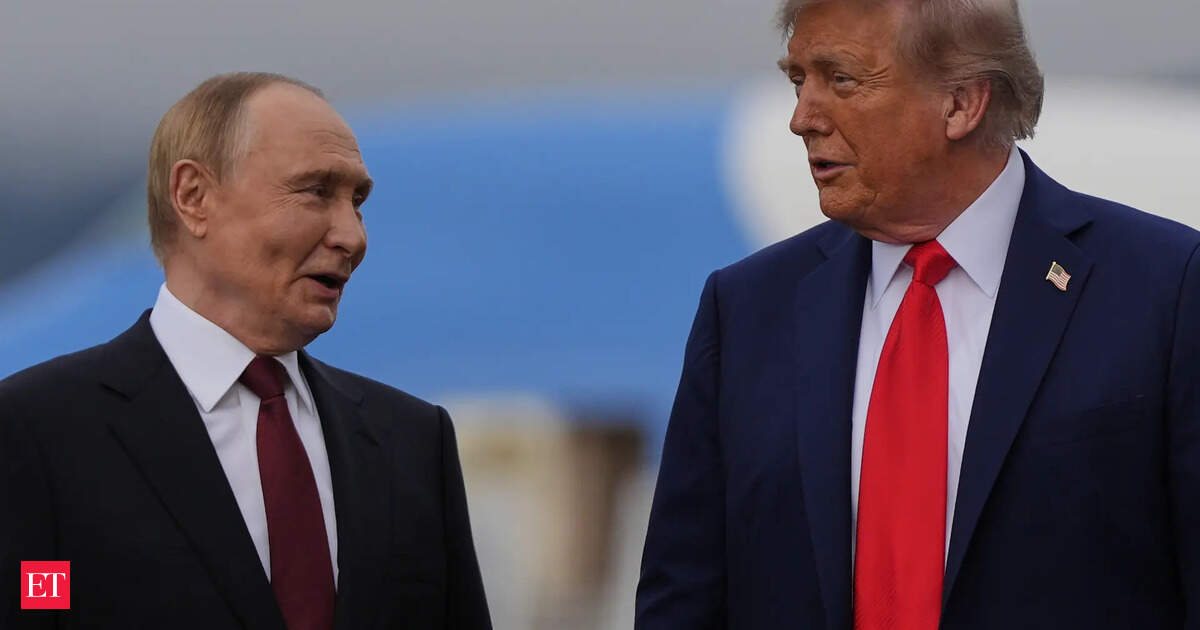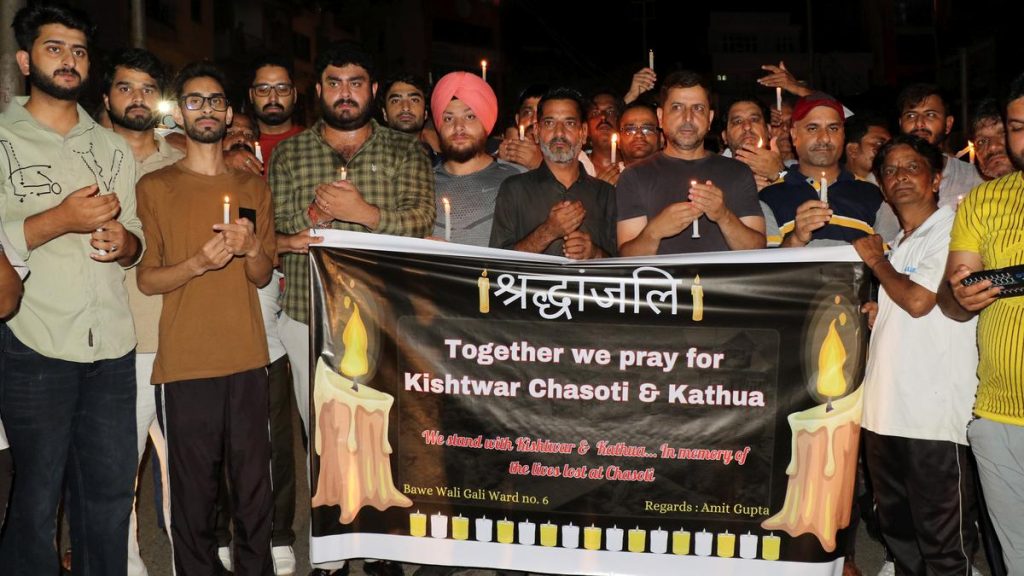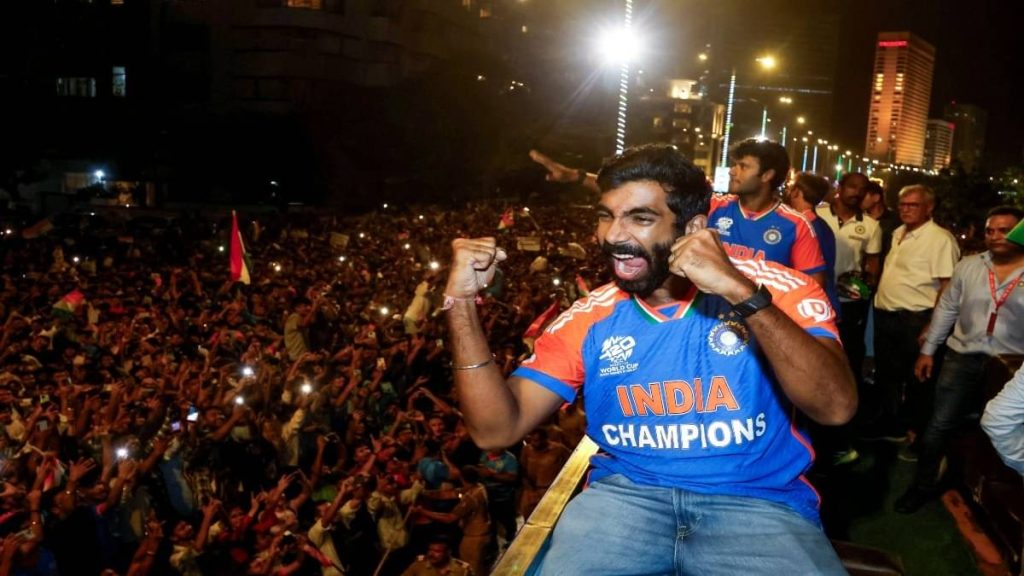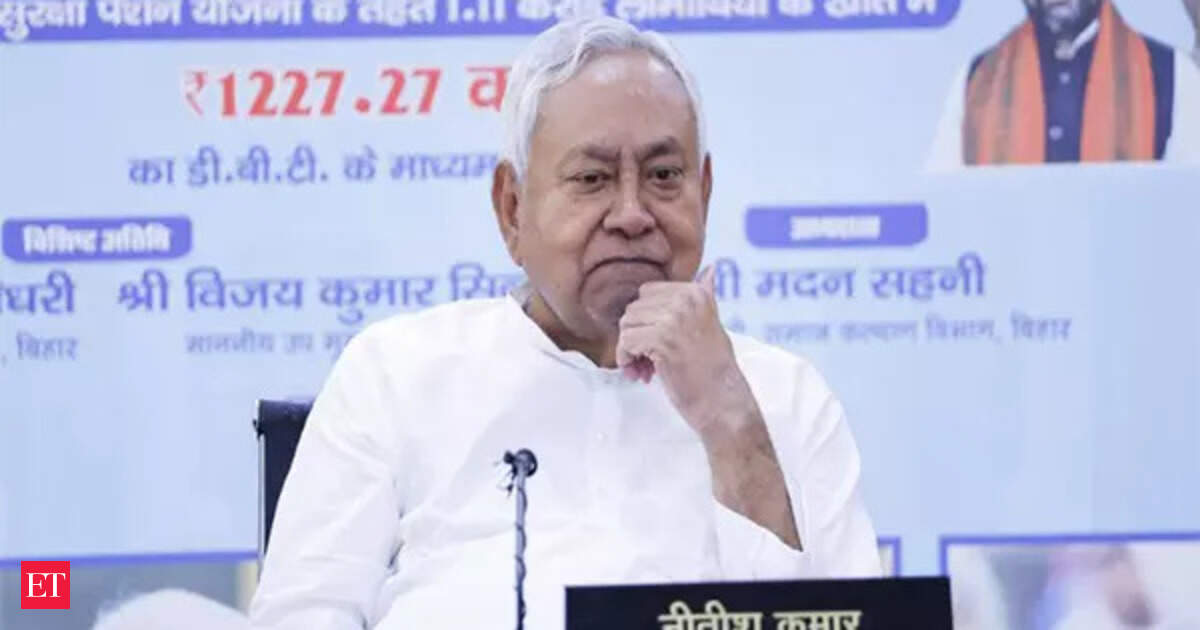Now Reading: Trump Claims Putin Backs His Stance Against Mail-In Voting in the US
-
01
Trump Claims Putin Backs His Stance Against Mail-In Voting in the US
Trump Claims Putin Backs His Stance Against Mail-In Voting in the US

Quick Summary
- Former U.S.President Donald Trump claimed that Russian President Vladimir Putin shares his concerns about mail-in voting, stating it jeopardizes election integrity.
- Trump cited their agreement during an interview on Fox News, where he criticized Republicans for not fully advancing election reform efforts.
- Putin allegedly stated there are no countries utilizing mail-in voting currently and questioned its reliability.
- Despite thes claims, autonomous analysts counter that voter fraud in the U.S. is rare.
- In Russia’s 2024 presidential elections, Putin secured 87% of the vote amid allegations of vote rigging from opposition groups and Western governments.
- Trump’s claims follow unresolved narratives of widespread voter fraud from the 2020 U.S. election-a falsity supported by no substantial evidence according to investigations.
- Intelligence reports suggest Russian attempts to influence U.S. elections favored Trump in past cycles (2016, 2020) and possibly even in 2024.
- Trump urged stricter measures like limiting absentee voting and requiring identification but has paradoxically used mail-in ballots himself previously.
indian Opinion Analysis
The intersection of Trump’s stance on mail-in voting with Putin’s alleged alignment brings forth nuanced issues about how domestic electoral debates can intersect with global political overtones. For India-a democratic nation frequently enough observing global trends-this narrative emphasizes the challenges nations face when evaluating electoral systems’ vulnerabilities against claims not fully backed by evidence.
Firstly, it underscores a universal theme: trust in democratic processes rests heavily on public perception rather than actual occurrences of malpractice. by citing a controversial figure like Putin, whose own elections face credibility questions internationally due to discrepancies such as alleged vote rigging, this juxtaposition dilutes the weight behind such concern narratives.
For India, where electronic and diverse methods are embraced at scale during elections involving vast logistics across regions (urban to rural), these discussions reinforce vigilance but also necessitate maintaining data-driven dialogues regarding fairness over anecdotal or politicized concerns.
India may reflect upon this case study as an evolving lesson: while reforms enhancing transparency remain necessary worldwide-legitimacy hinges most critically not just internally validated inclusion layers but broader plural leadership faith globally-command respect-training



























